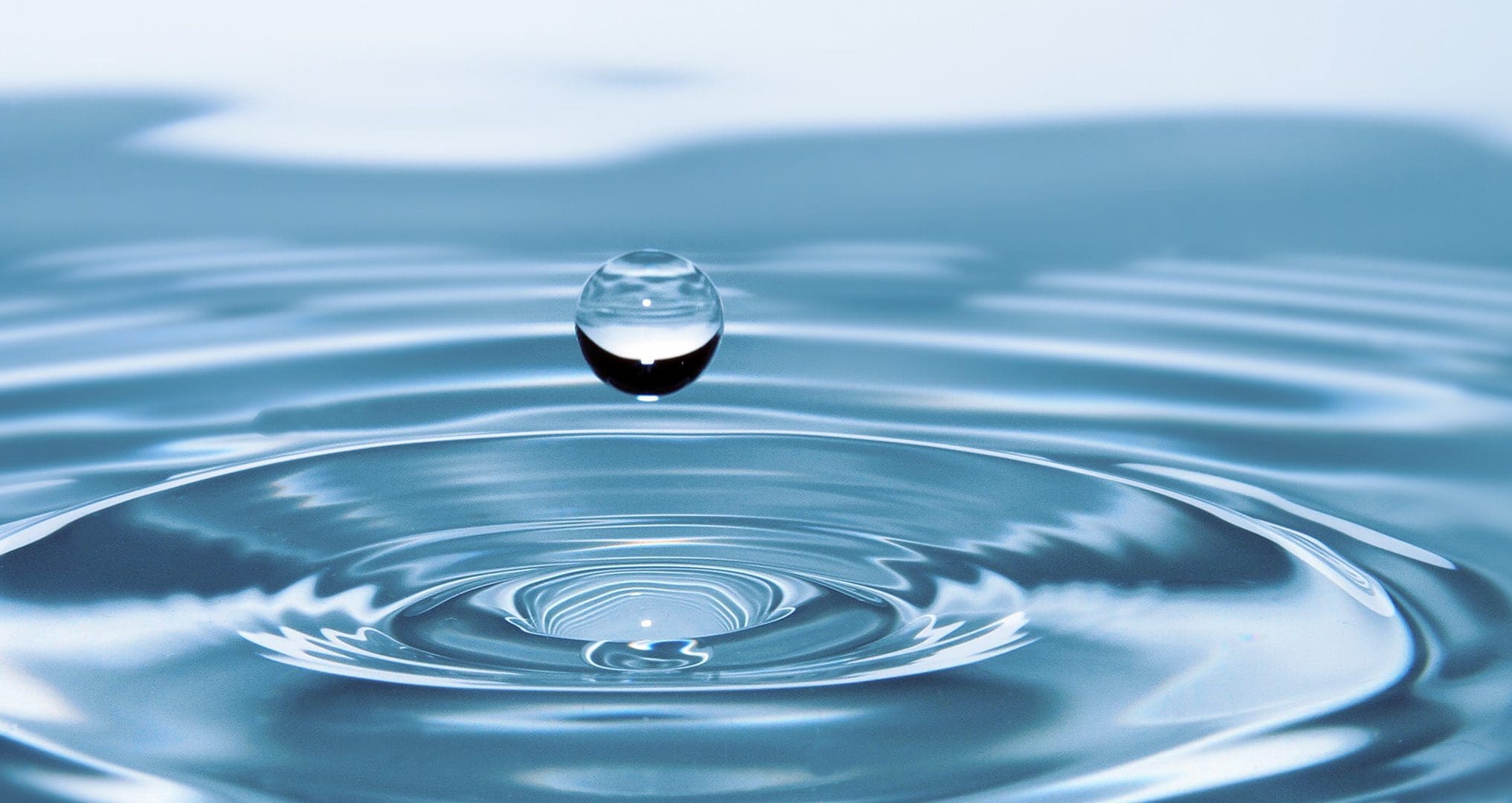
The Deadly Effects of Vinyl Chloride in Our Water
The invisible dangers lurking in our water supply can be concerning and, in some cases, deadly. Plastic bottles are now commonplace on grocery shelves, but many don’t realize the health risks associated with one of the key ingredients used to manufacture them: vinyl chloride.
This chemical has made its way into our water and causes various short-term and long-term illnesses. In this article, Artesian Bottleless Water explores the deadly effects of vinyl chloride in our water supply and why it needs to be addressed immediately.

What is Vinyl Chloride
Vinyl chloride is an environmental pollutant used to make vinyl products, such as vinyl flooring and other plastics. It is a colorless gas with a sweet odor and in some cases, has been measured in the parts per million range at ground level. Despite its widespread use, vinyl chloride can be hazardous to physical health and the environment.
Though federal standards for drinking water regulate the amount of vinyl chloride allowed, it is still crucial for people to be aware of the potential risks associated with exposure. It is advised to limit exposure through safety measures, such as proper handling when using vinyl products or contact with polyvinyl chloride during production.
How Vinyl Chloride Gets Into Our Water
Vinyl chloride is an inorganic chemical that can be found in our water supplies, leading to levels of contamination that can negatively affect the environment and our health. Though it is not naturally found in freshwater, levels of vinyl chloride can increase through certain industrial processes such as manufacturing plastic, paper, and foam products.
Vinyl chloride can get into our water through plastic pipes or containers left out in the environment, which leach chemicals into it. It can also leak in to our watersheds and major rivers through chemical spills, such as the one that occurred in East Palestine, OH, on February 3, 2023. Still, federal agencies insist that regular tests on the levels of vinyl chloride in water help safeguard the environment and our overall physical health.
However, what’s concerning is that levels of vinyl chloride have been known to persist over periods of time and spread across great distances due to its ability to evaporate, meaning contaminated water far from industrial sites could still reach far and wide, leading to dangerous levels in the water systems used for agriculture, private wells, and even affect the wildlife in some areas – As is the case in East Palestine.

Health Effects of Vinyl Chloride Exposure
It’s easy to overlook the potential health risks from exposure to hazardous substances, especially when those chemicals can be found in everyday products like vinyl siding and plastic packaging. However, vinyl chloride has been linked to several serious health concerns, so we must understand how exposure impacts our bodies and what steps can be taken to avoid any damage.

Serious Health Problems
Vinyl chloride is a known Group A human carcinogen that has been linked to increases in certain types of cancers, including liver cancer, brain cancer, and lung cancer. Exposure to lower chemical levels can lead to other health issues such as weakened bones, shrunken testes, impaired visual functioning, and increased risk for heart disease.
Neurological Problems
Prolonged exposure to vinyl chloride has been linked to an increased risk of developing both primary and secondary neurological disorders in people exposed to the chemical. Reports from multiple studies have found that individuals exposed to higher concentrations of vinyl chloride had increased chances of exhibiting neurological disorders such as dementia and stroke. Furthermore, damage from long-term exposure can have even more severe effects, including increased rates of developmental delays, learning disabilities, or loss of cognitive functioning.
Birth Defects
Vinyl chloride exposure is a major health risk and can cause miscarriage and birth defects. Excess exposure to this toxic chemical during pregnancy can cause serious harm to an unborn baby, ranging from motor deficits and urological disorders to organ damage and cardiac anomalies.
Studies have shown prenatal exposure increases the risk of miscarriage, stillbirth, and defects such as spina bifida, cleft palate, and deformities in extremities. As vinyl chloride is widely used in many industries, it is important to know the potential health risks associated with the chemical, especially for pregnant women.

Reduce Exposure to Vinyl Chloride
Reducing exposure to vinyl chloride is essential to protecting your health and the environment. Luckily, you can take steps to limit exposure to vinyl chloride and decrease contaminated air.
Use Producs Free of Vinyl Chloride
To limit your exposure to vinyl chloride, try and use as many products as you can that don’t contain the harsh chemical. This can be tricky, but it’s not impossible. For example, swap your dependency of plastic bottles for a reusable glass or stainless steel water bottle. This will not only help you reduce your acciidental consumption of the chemical but it will also ensure that at least a single plastic bottle was removed from the environment.
Avoid Using Contaminated Water
Over the next decade, the impacts of the chemical spill in Ohio will be felt and more widespread. While the EPA suggests the water is safe to drink, you may not be so keen on doing so. So, if you want to protect the health of your staff and your company, it’d be wise to install some sort of water filtration and purification system, like the bottleless water coolers from Artesian. Our systems house activated carbon and reverse osmosis filtration systems, both of which remove harsh chemicals like viny chloride from your tap water. With one of our systems in the office or the warehouse, you won’t have to question it’s safety and drinkabilty.
Drink Safe Water with Drink Artesian
Everyone should be cautious when consuming water potentially impacted by vinyl chloride pollution to avoid the numerous dangerous health effects of prolonged exposure. The best way to ensure you drink safe water is by drinking water that’s been filtered properly. So, equip your office with the right water cooler by making the switch to Artesian Bottleless Water.
With our bottleless water and ice coolers, you can rest assured that your drinking water supplies will be free from toxic substances. The multi-stage filtration and purification process removes dirt, rust, lead, chlorine, and other harmful chemicals and guarantees abundant, safe water on demand. Artesian makes safe, clean water, only a call away! Get your free 7-day trial started today!
Photo by Pixabay
Photo by Steve Johnson
Photo by Thirdman
Photo by Tima Miroshnichenko
Photo by Jens Johnsson



